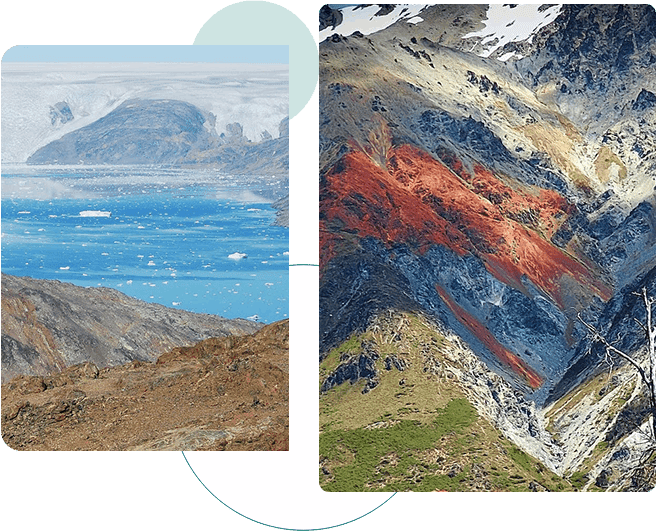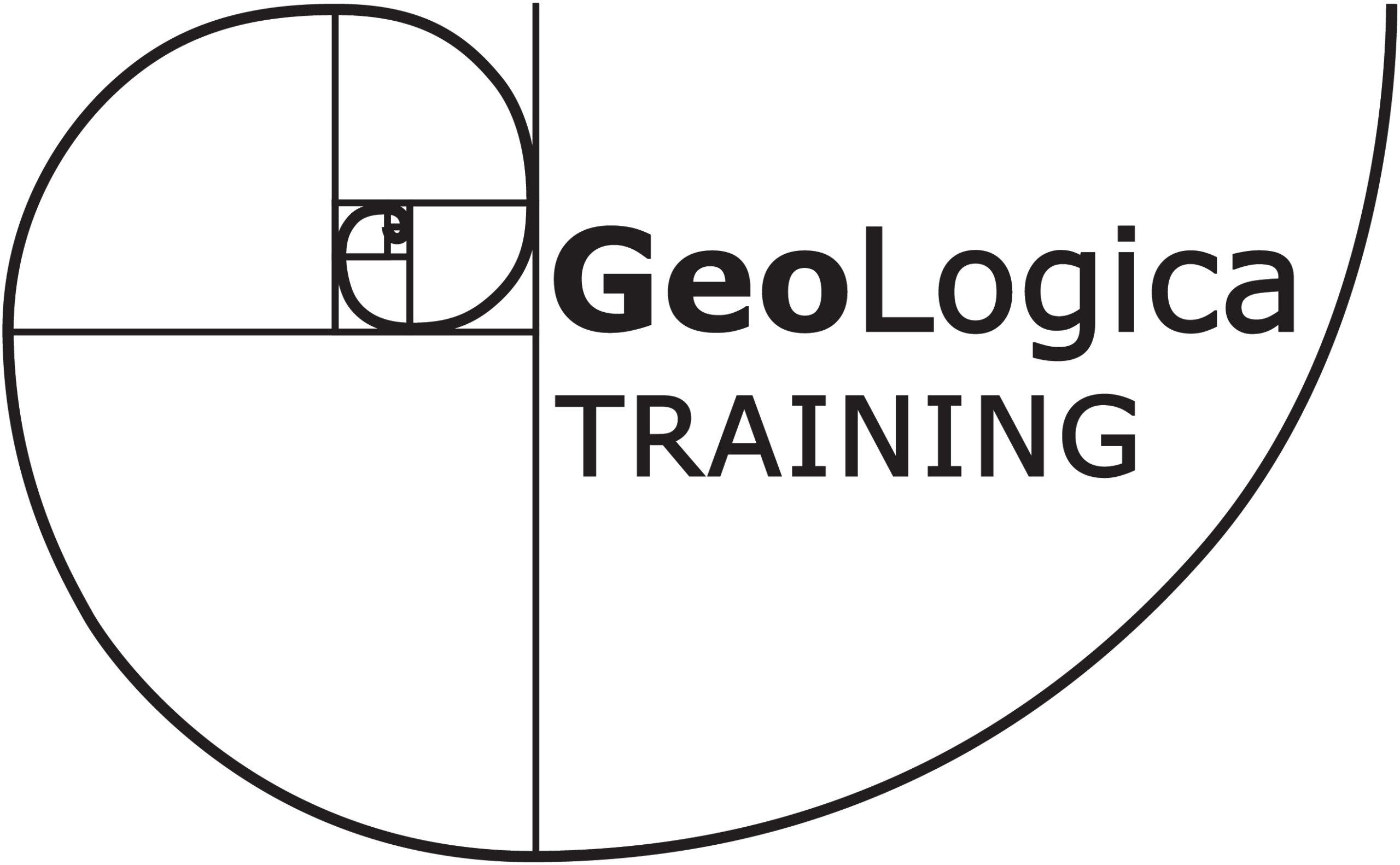
SERVICE
WHAT WE DO
GeoLogica delivers public courses from our extensive course library in response to demand. These offerings may be field-based, classroom, or virtual, and cover a broad range of subjects relevant to subsurface projects – from oil and gas to the energy transition. Details of scheduled courses will be published on the home page.
All courses have a defined competence level, with the course descriptions providing full details. Courses at awareness and fundamental levels are designed to provide a basic understanding of a topic for those new to a subject, while courses at intermediate and advanced levels would appeal to geoscientists requiring in-depth knowledge for specialist roles.
PUBLIC TRAINING
SUBJECT DISCIPLINES
-
Basin Analysis
-
Depositional Systems
-
Evaluation Methods
-
Geophysics
-
Reservoir Characterization
-
Reservoir Engineering
-
Resource Plays
-
Structural Geology
-
Carbon Capture and Storage
-
Climate
-
Critical Minerals
-
Geonuclear
-
Geothermal Resource
-
Hydrogen
-
Multi-disciplinary
-
Renewables
-
Socio-economic
PUBLIC TRAINING
CONTACT US
Browse our course portfolio to discover the range of topics and formats available. For specific requirements or tailored in-house versions of our courses, please get in touch.


